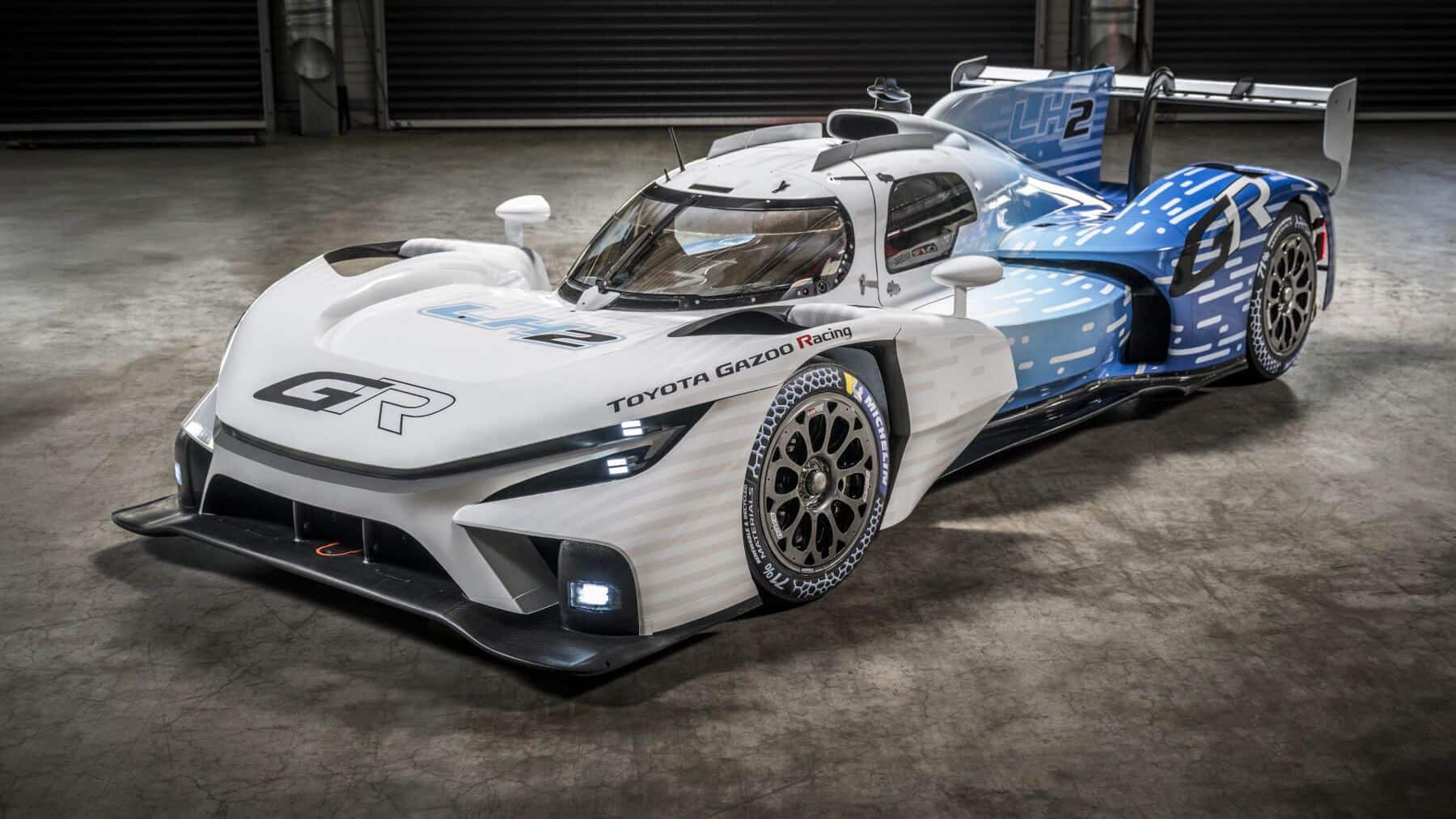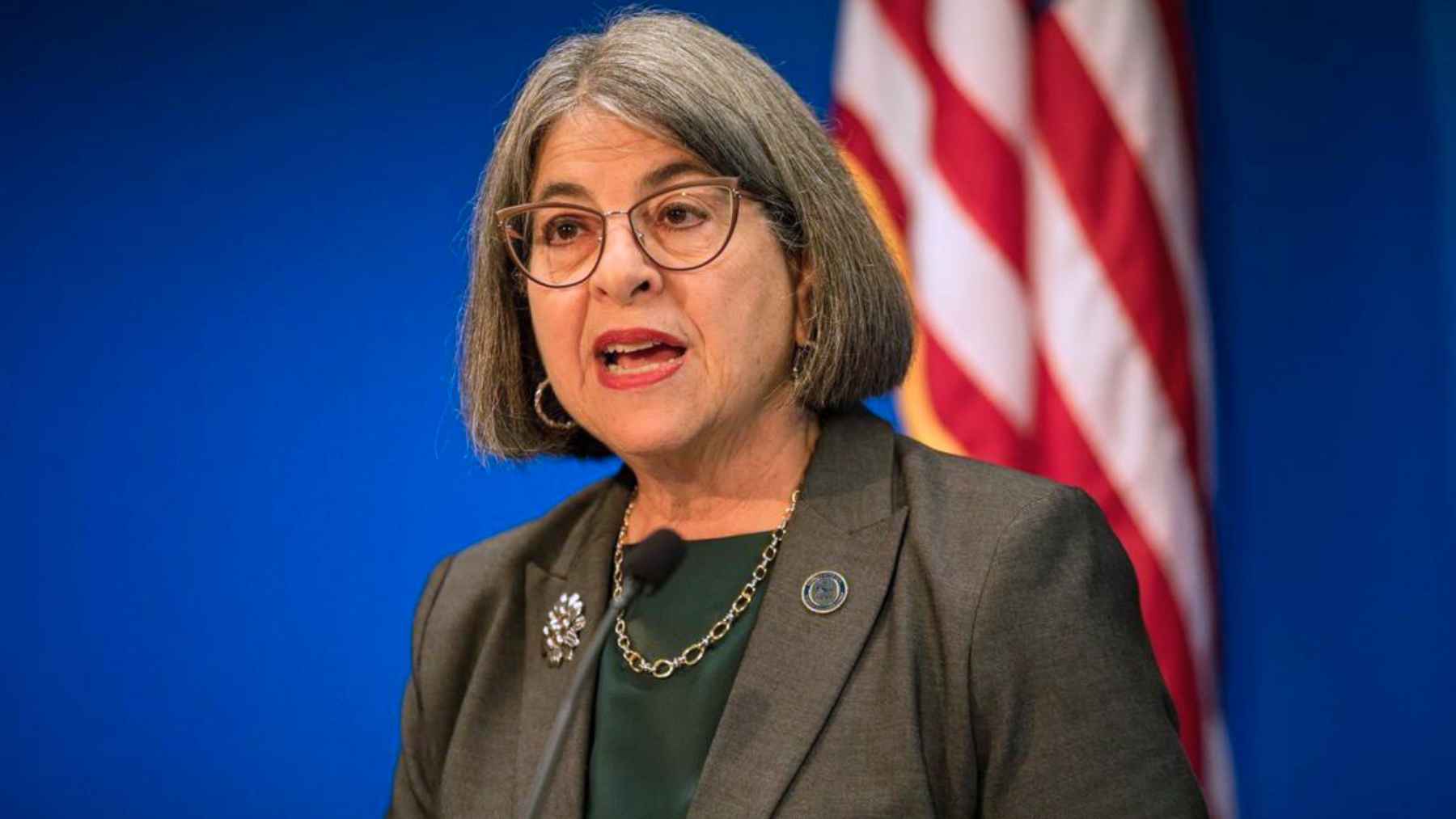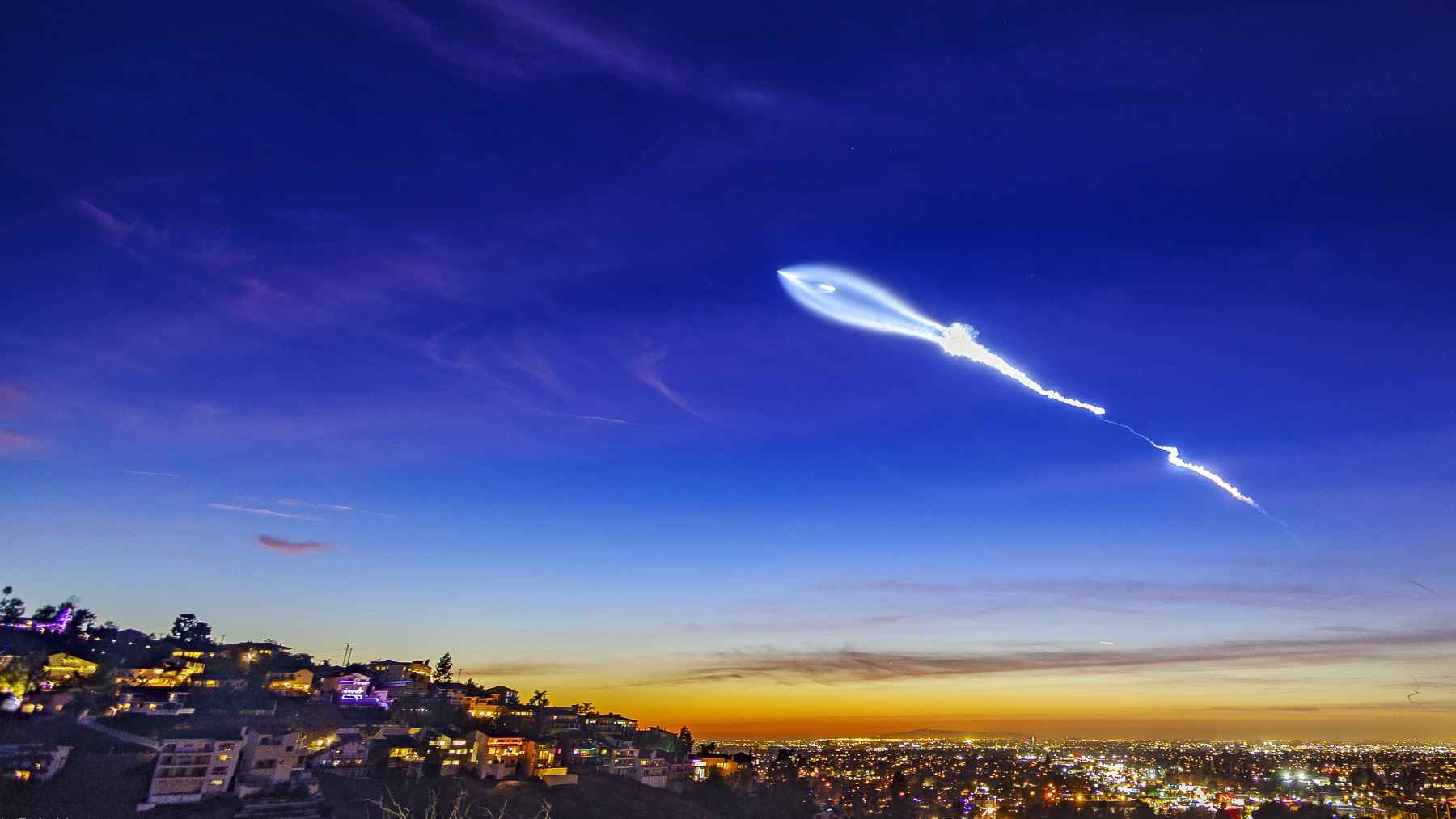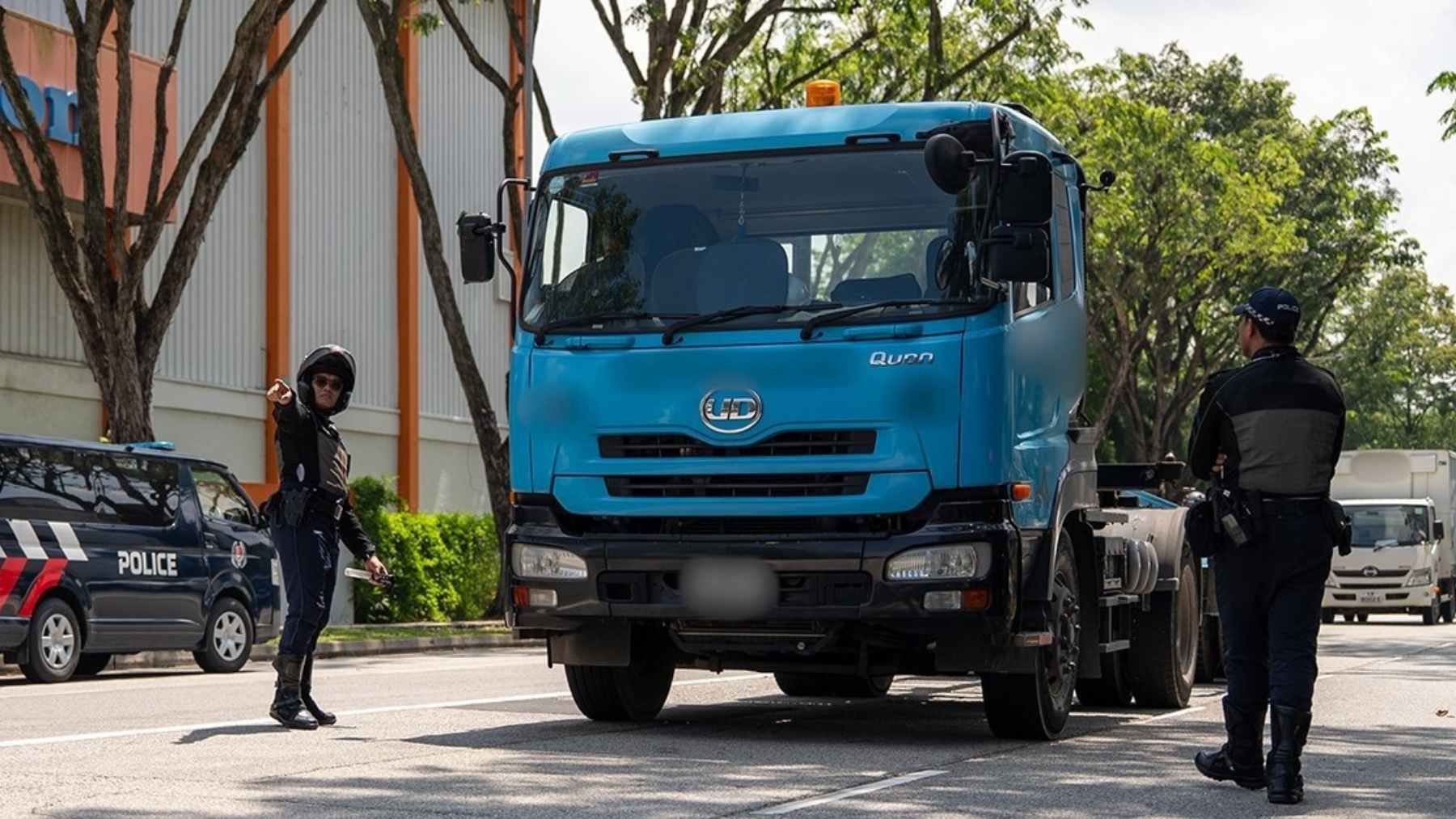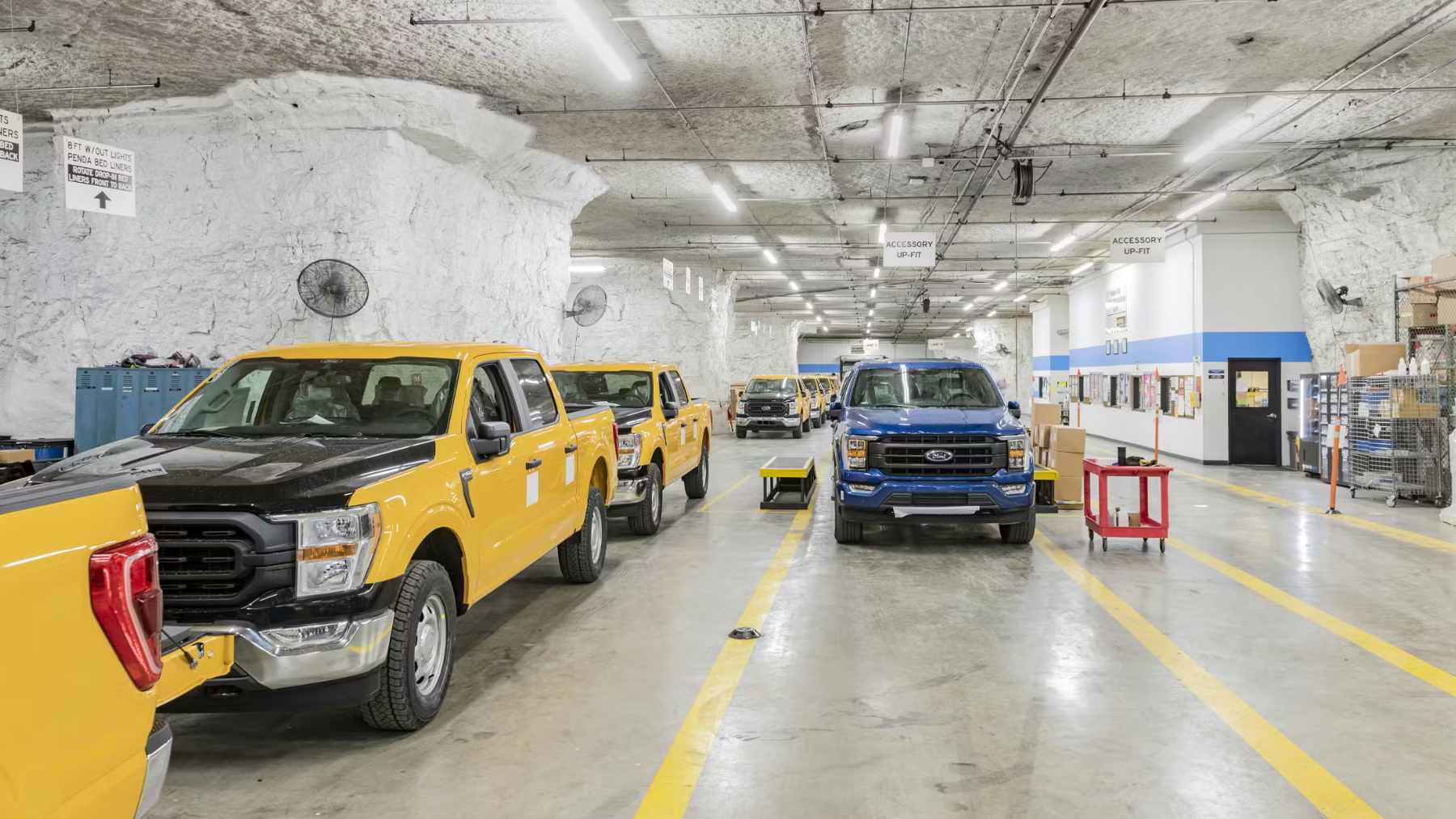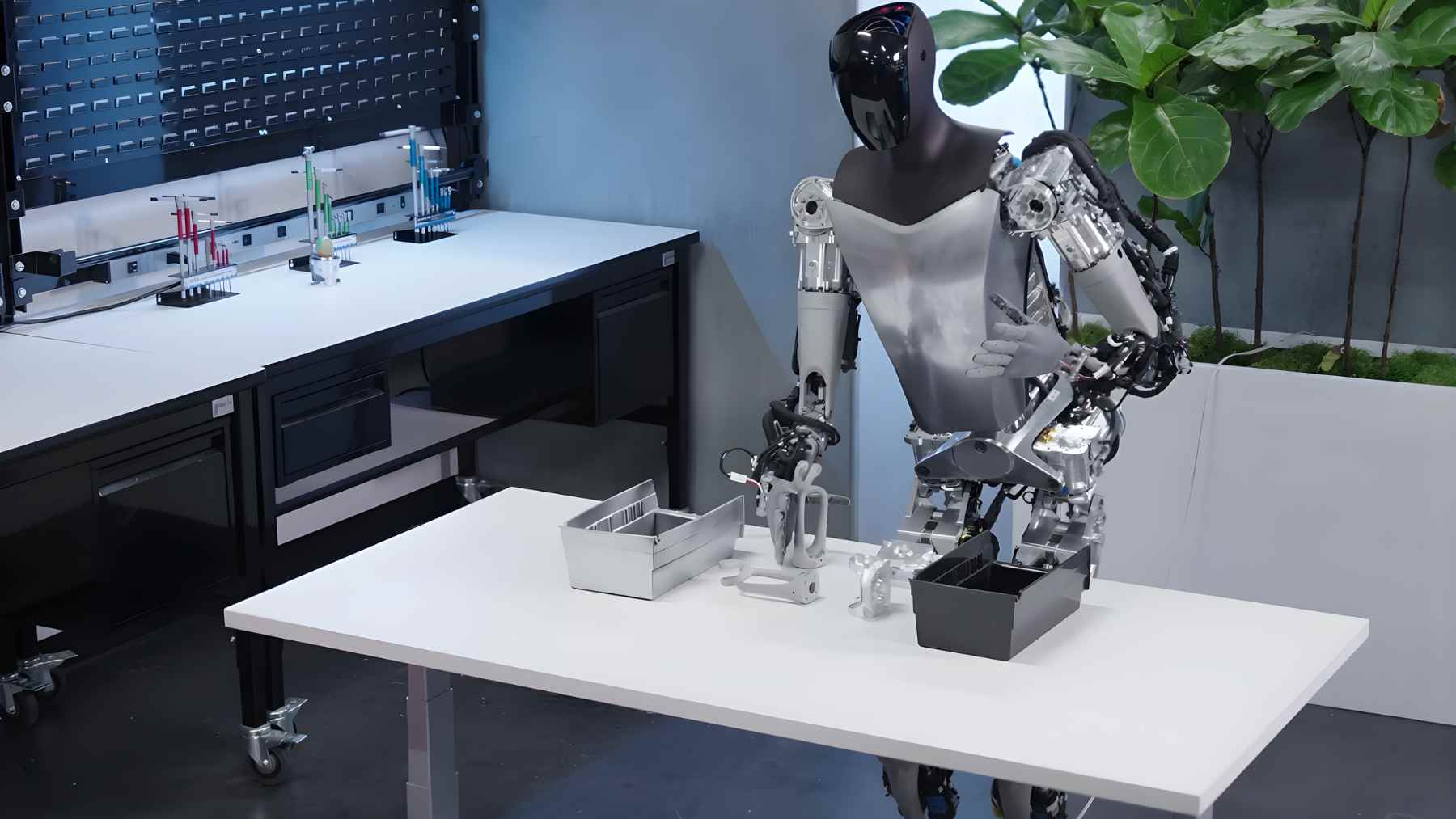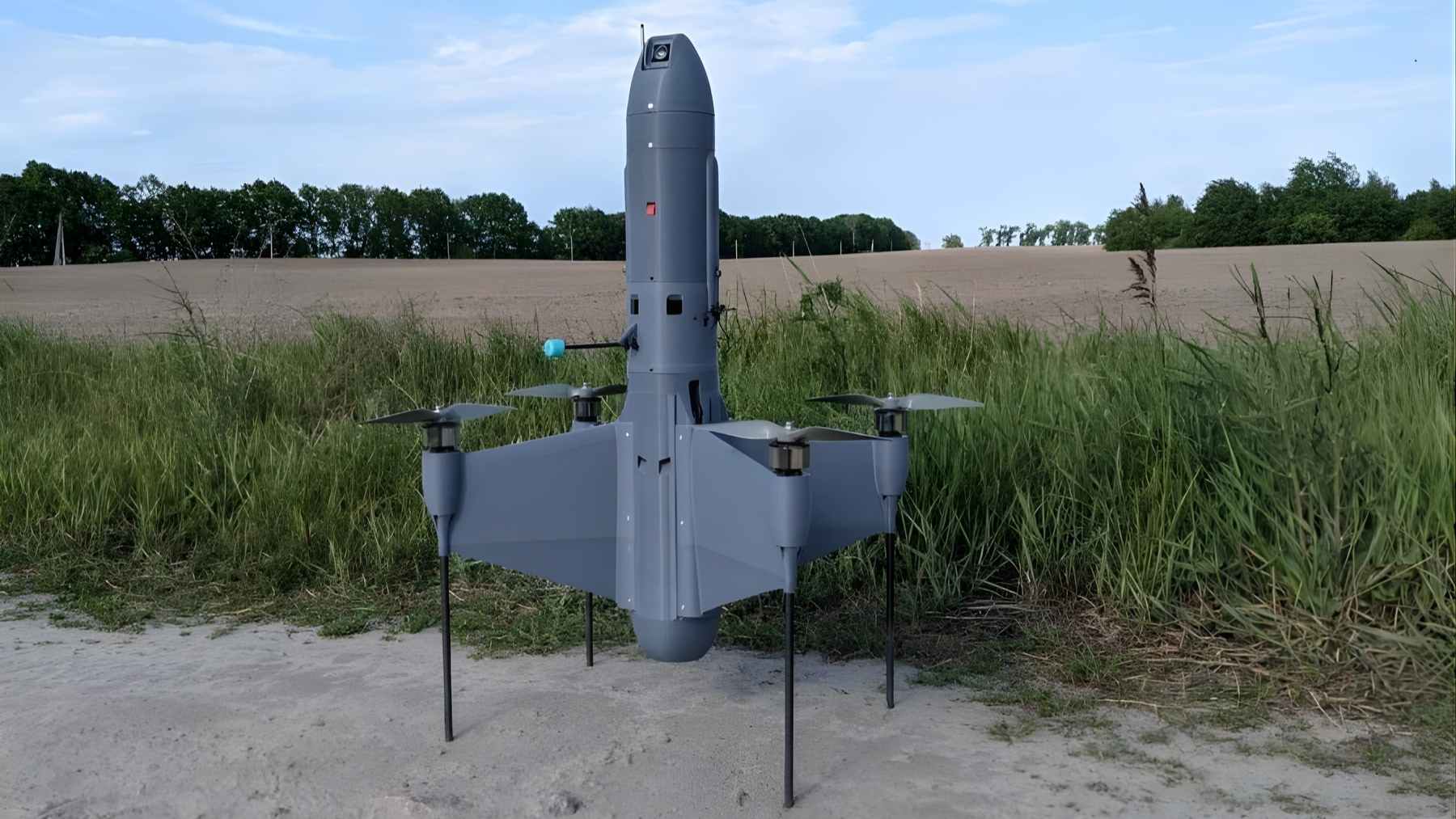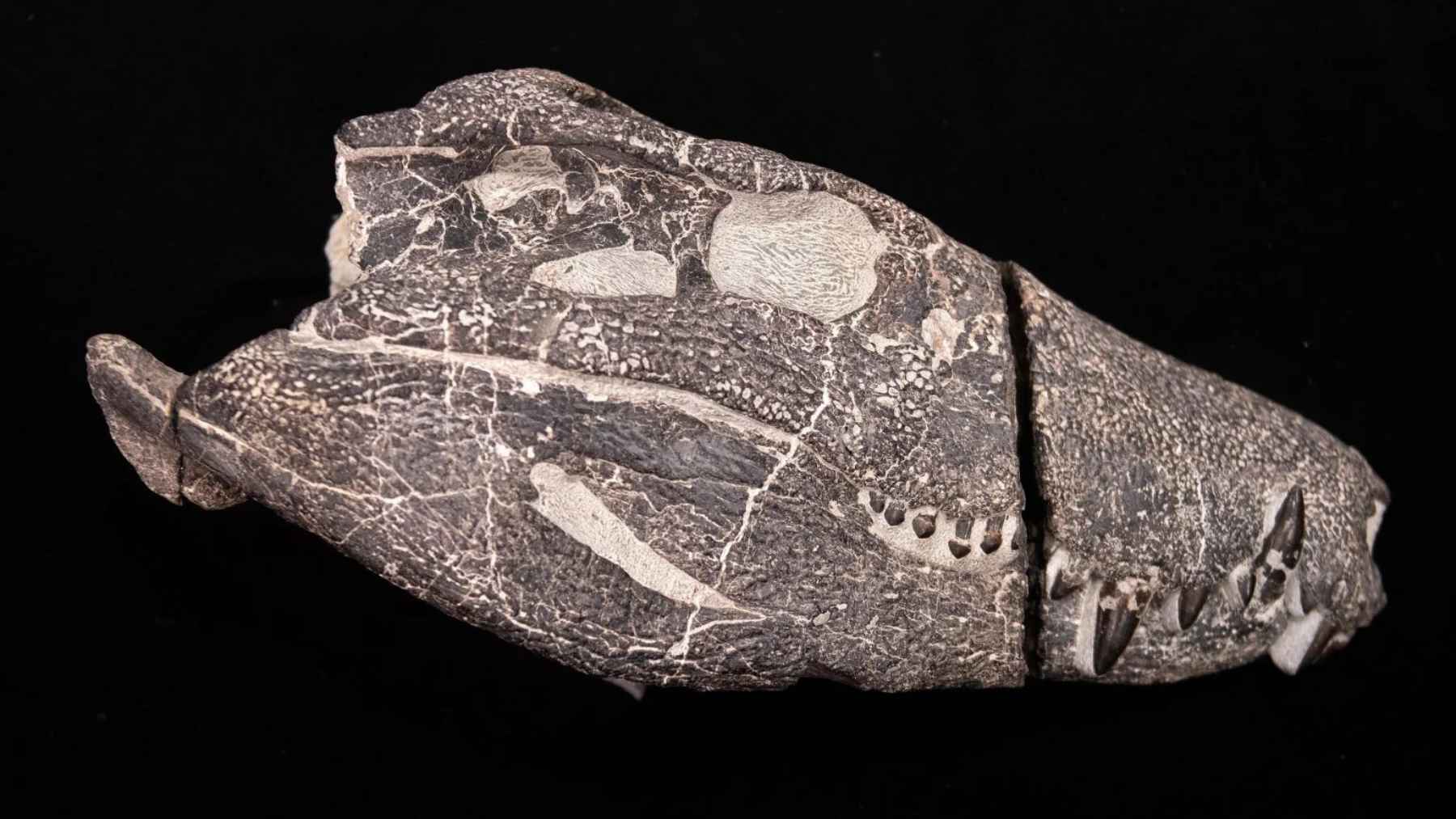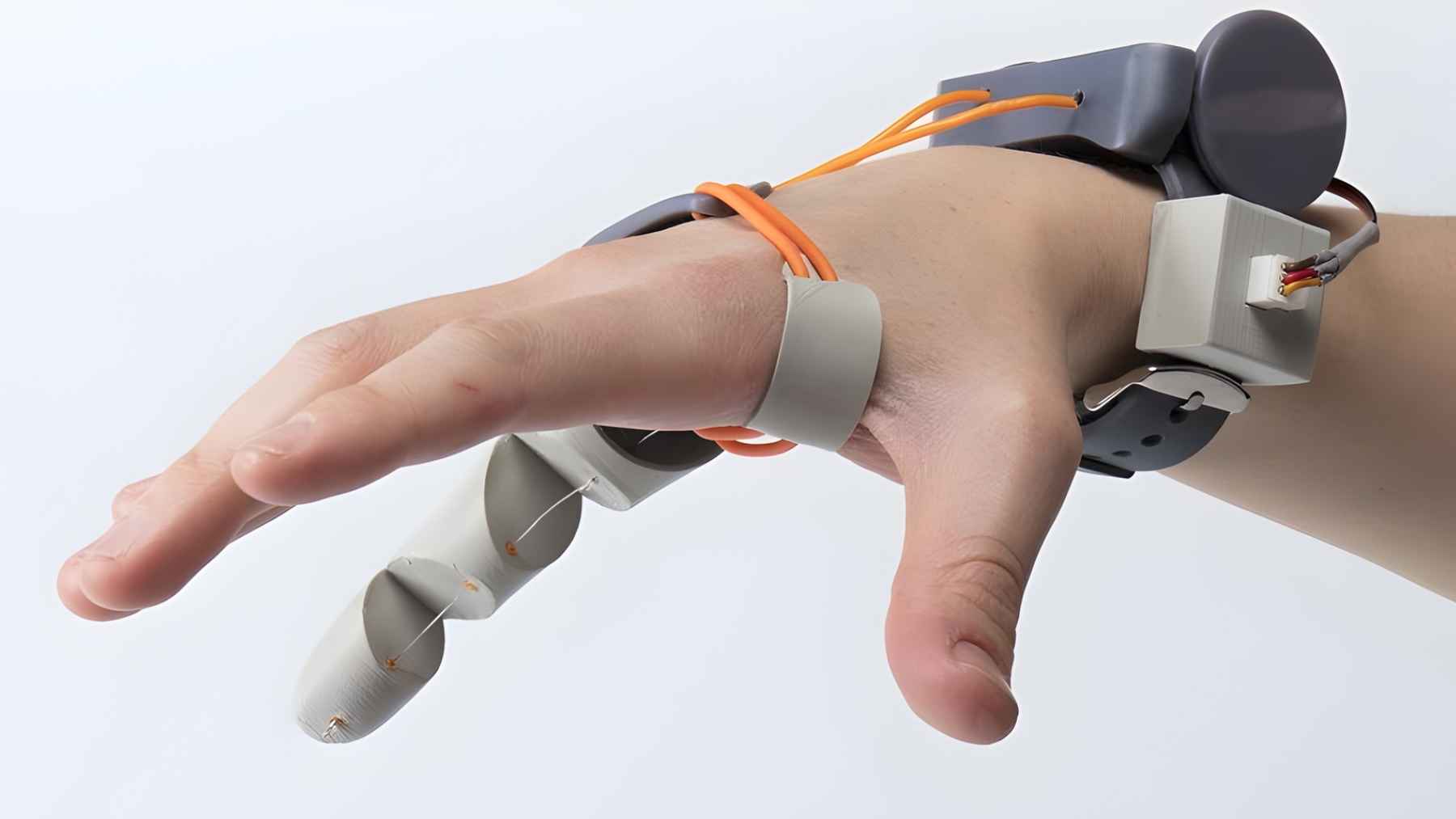When Japan collaborates with Germany and sets a timeline to unveil the latest BMW, the collaboration automatically seems fitting. BMW will surely unveil its first hydrogen vehicle to reimagine the global automotive landscape. Toyota Motor Corporation, alongside BMW, has announced something new in their 10-year partnership that is linked to the launch of the upcoming BMW. The timeline set for the launch of BMW’s first mass-produced hydrogen vehicle is 2028. The collaboration between these two automakers would mean a new generation in fuel cell systems, and the set deadline will mark a major milestone for both automakers.
Exploring the hydrogen agenda
In the last 10 years, BMW has worked alongside Toyota rather silently, but the work entailed creating a next-generation vehicle that will align with future environmental goals. As per the newest announcement from both automakers, BMW will be labeled as the first global premium manufacturer who have mass-produced a Fuel Cell Electric Vehicle (FCEV). BMW is also gaining the full benefit of a hydrogen fuel cell system created in cahoots with Toyota.
The release date is marked as 2028, and BMW is keen on showcasing its hydrogen vehicle by then. Chairman of BMW AG, Oliver Zipse, stated that the collaboration would showcase how technology is linked to the future of mobility.
The use of hydrogen in the automotive industry is no longer a mere experiment, but a proper alternative fuel choice, and Toyota has always preferred using hydrogen. BMW is relatively new to the hydrogen mission, but BMW will soon give BMW drivers a climate-friendly vehicle alternative.
Joining forces to push the hydrogen motive
While technology is important in terms of pushing forward the hydrogen agenda, it is not enough. Toyota and BMW’s collaboration sees these automakers boosting hydrogen infrastructure as well. Meeting the demand for hydrogen, Toyota and BMW wish to:
- Support the construction and development of refueling stations.
- Collaborate with producers and distributors of hydrogen.
- Reduce costs via shared procurement.
- Minimize cost by powertrain integration as well.
While BMW’s big hydrogen vehicle launch is something to look forward to, it is Toyota that remains steadfast in its commitment to ensure hydrogen-based transportation for the future. Soon, hydrogen will be affordable and rather easily accessible and not only for luxury vehicles but for everyday affordable motor vehicles too.
Ensuring fuel for the future
Toyota and BMW are not looking towards a hydrogen future, but towards a multi-pathway approach. In this multi-pathway approach, hydrogen is most needed.
Koji Sato, President at Toyota, mentioned the zeal and passion that both automakers share in terms of looking at a motor future that is not defined by fossil fuels, but rather by hydrogen, which is a clean energy source.
This is important since:
- Hydrogen works with BEV infrastructure.
- The global hydrogen supply is increasing.
- FCEVs have shorter refueling times in comparison to BEVs.
What Toyota and BMW are trying to do is to ensure that all of the consumer needs are being met with regional infrastructure realities that improve emission reductions too. Although BMW is also saying goodbye to hydrogen cars in favor of new engines, the big reveal in 2028 shows that BMW has not fully abandoned all of its hydrogen dreams.
BMW is giving the world something to look forward to
Since BMW’s hydrogen vehicle is said to make an appearance in 2028, we surely have something to look forward to. BMW’s collaboration with Toyota symbolizes all that is possible when industrial giants join forces and allow their vision to work alongside innovation.
Hydrogen is surely still a contender in the clean energy game. While the years going forward could mean finding the clearest path to hydrogen, Japan and Germany are working towards the best possible automotive future for all. While Toyota has long been rethinking the hydrogen dream with the new hybrid-fuel engine concept being unveiled, it’s clear that Toyota has not fully reworked hydrogen out of its dream completely.
Disclaimer: Our coverage of events affecting companies is purely informative and descriptive. Under no circumstances does it seek to promote an opinion or create a trend, nor can it be taken as investment advice or a recommendation of any kind.
